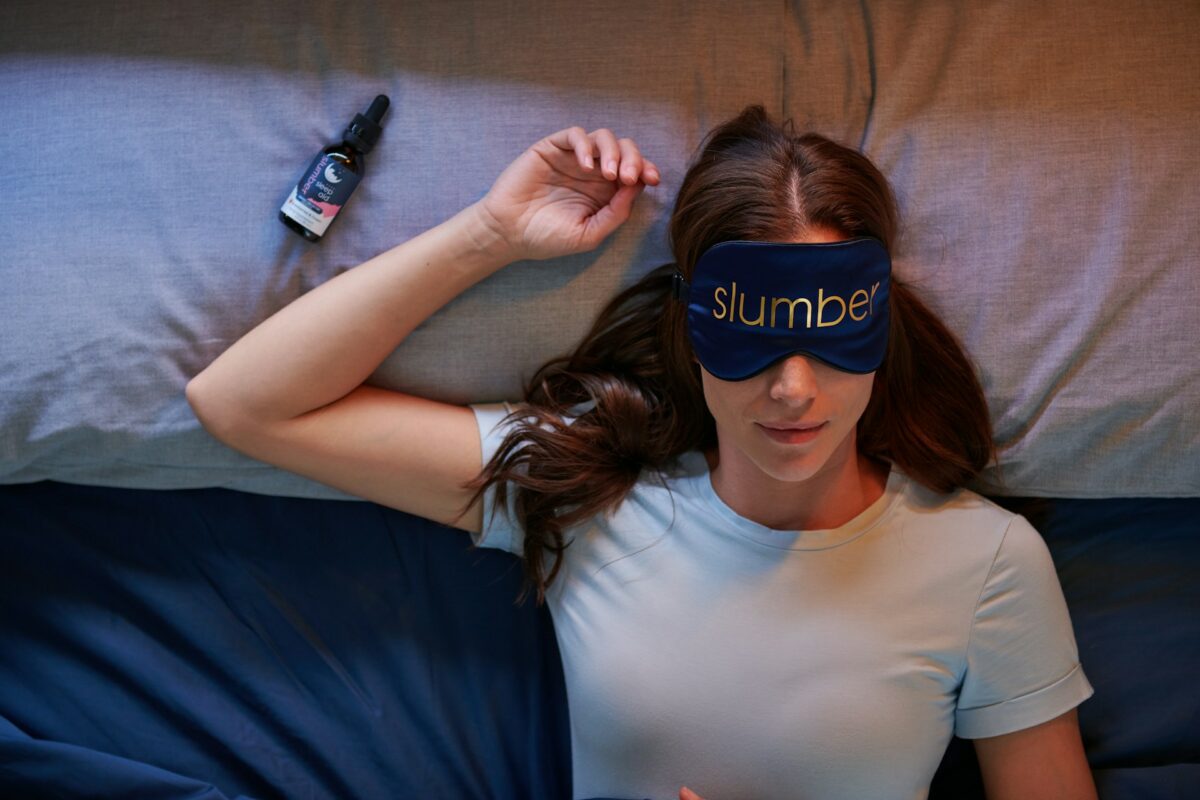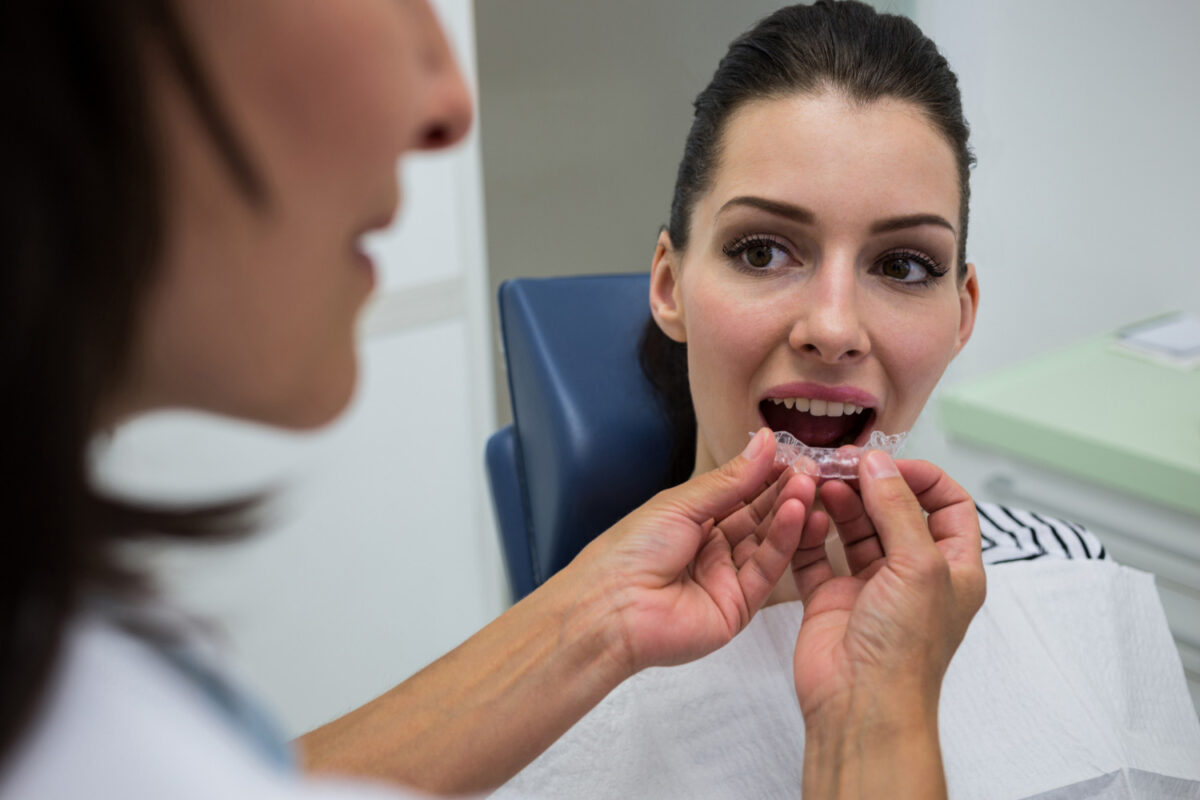Sleep hygiene, the practice of creating and maintaining healthy sleep habits and behaviours, is a fundamental aspect of achieving restorative sleep and overall well-being. For residents of Maple Ridge, Pitt Meadows, and Vancouver, an understanding of the principles of sleep hygiene can empower individuals to make intentional choices that foster better sleep quality.
At Sleep Better Live Better, our sleep doctors in Vancouver are dedicated to providing comprehensive and personalized sleep solutions that consider the vital role of sleep hygiene in sleep health.
In this blog post, we will explore the concept of sleep hygiene and provide practical tips, advice, and guidance for incorporating healthy sleep habits into the daily routines of Metro Vancouver residents. By adopting these beneficial practices, individuals can cultivate an environment conducive to restorative sleep, ultimately enhancing their overall well-being.
Recognizing the significance of sleep hygiene in achieving restorative sleep and nurturing overall health is crucial for residents across Maple Ridge, Pitt Meadows, and Vancouver. By incorporating healthy sleep practices into their daily routines, individuals can set the foundation for improved sleep quality and a more balanced lifestyle.
In the following sections, we will discuss specific sleep hygiene practices and techniques to help Metro Vancouver residents enhance their sleep health and overall well-being. Our goal is to provide actionable insights and strategies for those seeking to improve their sleep quality through the implementation of effective sleep hygiene habits.
Establishing a Consistent Sleep Schedule
A key component of sleep hygiene is maintaining a consistent sleep schedule, as doing so helps regulate our body’s internal clock, also known as the circadian rhythm. Consider implementing the following strategies to create and maintain a stable sleep routine:
- Go to bed and wake up at the same time each day, including weekends. This consistency cues the body’s internal clock, promoting the ability to fall asleep and wake up more easily.
- Establish an evening winding-down routine to signal the body that it is time to sleep. The routine may include activities such as light stretching, meditation, or low-intensity reading.
- Avoid daytime napping, particularly in the late afternoon or early evening. While brief naps can be beneficial for some, they may disrupt the sleep schedule and nighttime sleep quality for others.
Creating a Sleep-Friendly Environment
The sleep environment plays a significant role in sleep quality. To ensure your bedroom is conducive to restorative sleep, incorporate the following sleep hygiene practices:
- Keep the bedroom cool, dark, and quiet. A comfortable temperature, the use of blackout curtains, and white noise or earplugs can all contribute to a more soothing sleep environment.
- Invest in a comfortable mattress, pillows, and bedding that meet your specific needs. This will help to minimize discomfort and distractions during the night.
- Reserve the bedroom for sleep and intimacy only, avoiding activities such as work or watching TV. By associating the bedroom solely with rest, the mind will be better prepared for sleep.
Managing Technology and Electronic Devices
The use of technology and electronic devices can interfere with sleep hygiene practices and impede restorative sleep. Consider the following guidelines to manage the use of electronics and minimize their impact on sleep quality:
- Limit screen time at least one hour before bedtime, as the blue light emitted by electronics can negatively affect the production of the sleep hormone melatonin.
- Keep electronic devices out of the bedroom, creating a tech-free space for sleep.
- Consider using a traditional alarm clock instead of a smartphone or tablet, to minimize screen usage and potential sleep disruptions from notifications.
Embracing Relaxation Techniques
Incorporating relaxation techniques into your daily routines can significantly improve sleep hygiene and the quality of rest. Some effective relaxation methods to consider include:
- Mindfulness Meditation
Mindfulness meditation encourages non-judgmental awareness of the present moment, which can be particularly beneficial in reducing stress and promoting relaxation before bed. Practicing mindfulness meditation for just a few minutes each night can support a better transition to sleep.
- Progressive Muscle Relaxation
Progressive muscle relaxation involves tensing and relaxing specific muscle groups systematically. This technique can help release tension and stress from the body, fostering a more relaxed state conducive to sleep.
- Deep Breathing Exercises
Simple deep breathing exercises, such as diaphragmatic breathing or the 4-7-8 breathing technique, can help calm the nervous system, reduce stress, and prepare the body for sleep. Integrating deep breathing exercises into your bedtime routine can contribute to a more restful night’s sleep.
Conclusion
For residents of Maple Ridge, Pitt Meadows, and Vancouver, embracing sleep hygiene practices can significantly improve sleep quality and overall well-being. By adopting healthy sleep habits and establishing a nurturing sleep environment, individuals can cultivate the foundation for restorative sleep and a healthier lifestyle.
If you’re struggling to get a good night’s sleep, don’t hesitate to reach out to Sleep Better Live Better. Our sleep specialists in Vancouver offer personalized care and recommendations to help you achieve better sleep and overall well-being. Whether you’re dealing with insomnia, sleep apnea, or other sleep disorders, we can help. Contact us today to begin your journey towards improved sleep and a healthier, more balanced life. With our comprehensive approach to sleep health, you can finally get the restful, restorative sleep you deserve.





